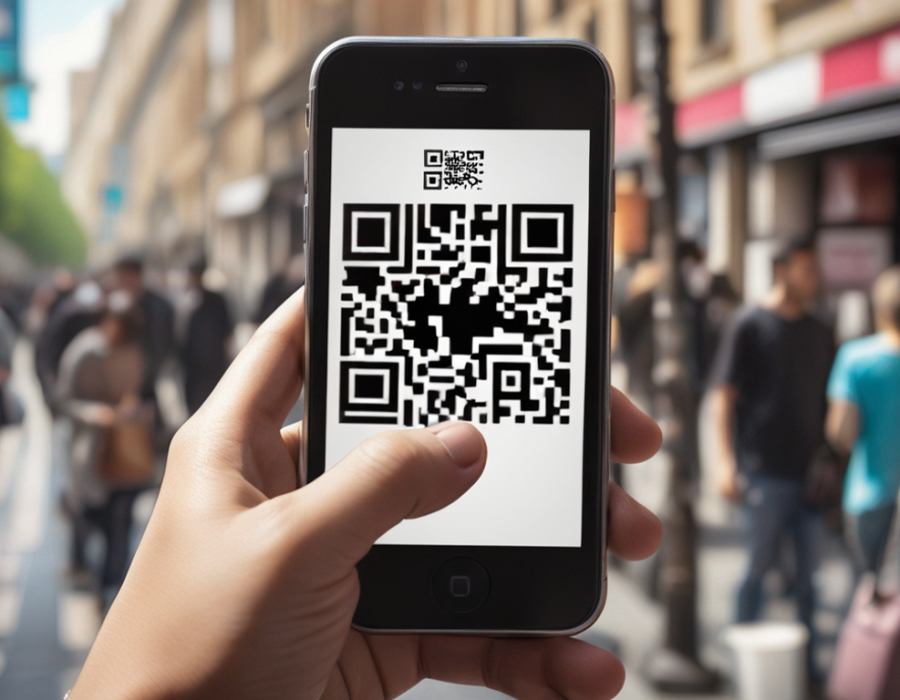In today's digitally-driven world, innovation continues to redefine how we interact with technology and access information. One such innovation that has transformed the way we engage with the world around us is the QR code. From simplifying transactions to enhancing connectivity, QR codes have become an integral part of modern society. In this article, we delve into the multifaceted applications of QR codes and their impact on various aspects of daily life.
QR codes, short for Quick Response codes, are two-dimensional barcodes that store information in a visually encoded format. Initially developed for inventory tracking and product identification, QR codes have evolved to serve a multitude of purposes across diverse industries and sectors.
One of the most prevalent uses of QR codes is in the realm of mobile payments and transactions. With the rise of digital wallets and contactless payment systems, QR codes have become a convenient and secure method of completing financial transactions. Whether at retail stores, restaurants, or transportation hubs, consumers can simply scan QR codes with their smartphones to make payments swiftly and effortlessly.
Moreover, QR codes have become invaluable tools in the context of public health and safety, particularly in the wake of the COVID-19 pandemic. Health authorities and businesses worldwide have leveraged QR codes to implement contact tracing systems and health screening measures. By scanning QR codes displayed at entry points or on digital health passes, individuals can contribute to the containment of the virus while ensuring compliance with health protocols.
Beyond their utility in transactions and public health initiatives, QR codes have also revolutionized the way we access information and interact with digital content. From marketing materials and event invitations to educational resources and product packaging, QR codes serve as gateways to a wealth of digital experiences. By scanning QR codes, consumers can access product details, multimedia content, and interactive features, enhancing their overall engagement and user experience.
Furthermore, QR codes enable businesses and organizations to streamline operations and enhance customer engagement. Through dynamic QR codes, companies can create customized experiences tailored to their target audience. Whether redirecting users to promotional offers, loyalty programs, or customer feedback surveys, QR codes enable businesses to forge meaningful connections with their customers, driving brand loyalty and fostering long-term relationships.
As technology continues to advance, the potential applications of QR codes are virtually limitless. From smart cities and transportation systems to healthcare and education, QR codes are poised to play a pivotal role in shaping the future of society. As we embrace the opportunities presented by digital innovation, QR codes stand as symbols of convenience, efficiency, and connectivity in the modern age.
In conclusion, QR codes have emerged as powerful tools for simplifying transactions, enhancing safety measures, and facilitating information access in today's interconnected world. As we navigate the complexities of the digital landscape, QR codes remain at the forefront of innovation, empowering individuals and businesses alike to embrace the possibilities of a digitally-driven future.





Comments